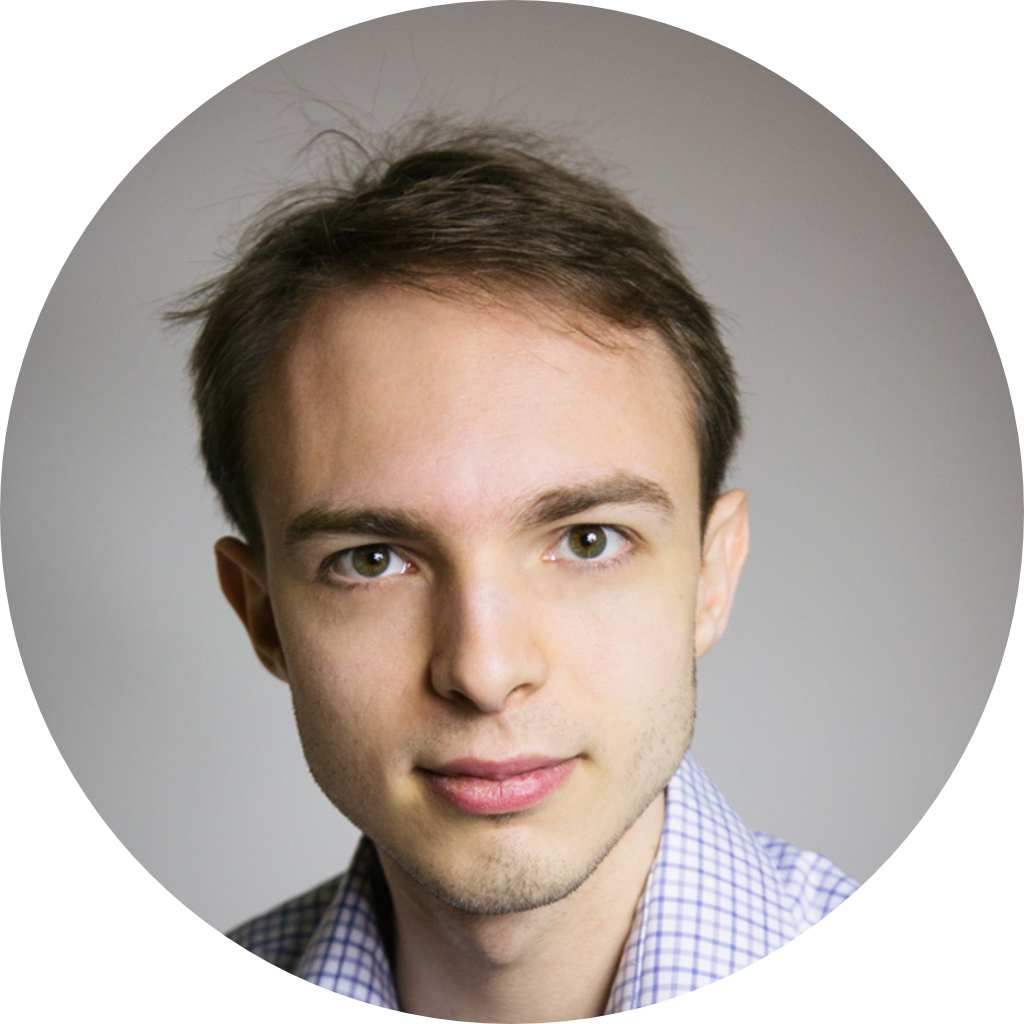I'm Charlie. I'm currently a researcher in the Engineering Department at the University of Cambridge. My current area of research is neuroscience: I work on brain-machine interfaces, the gradual turnover in patterns of neural activity known as representational drift, and how subtle changes in behaviour can uncover how we learn about the outside world.
I spent over five years working in the tech startup world, where I've held job titles like Tech Lead, Senior Software Engineer, and Senior Researcher. I've been involved in projects ranging from distributed simulation architecture design to touchscreen signal-processing algorithms.
Publications
- C. Micou (2025) Neural Sympathy: Towards Interfaces Compatible with Neural Plasticity. PhD thesis. 10.1783/CAM.122063
- C. Micou & T. O'Leary (2024) Heavy-tailed statistics of cortical representational drift are advantageous for stabilised downstream readouts. Pre-print. 10.1101/2024.09.26.614914
- C. Micou & T. O'Leary (2023) Representational drift as a window into neural and behavioural plasticity. Current Opinion in Neurobiology. 10.1016/j.conb.2023.102746
- C. Micou (2022) Dynamic dictionary-based network compression. US Patent 11,405,054
- M.J.R. Lewis, C. Micou, M. Witkowski (2020) Scalable simulation system with scalable data propagation. US Patent 10,643,010
- C. Micou, M.J.R. Lewis, M. Witkowski (2019) Distributable and customizable load-balancing of data-associated computation via partitions and virtual processes. US Patent 10,380,282
- S. Gao, D. McLean, J. Lai, C. Micou, A. Nathan (2016) Reduction of noise spikes in touch screen systems by low pass spatial filtering. Journal of Display Technology. 10.1109/JDT.2016.2550519
- S. Gao, J. Lai, C. Micou, A. Nathan (2016) Reduction of common mode noise and global multivalued offset in touch screen systems by correlated double sampling. Journal of Display Technology. 10.1109/JDT.2016.2515847
Grants and research support
My research has been made possible through the generous support of:
- The Raynor Cerebellum Project, who awarded me a grant to support a new post-doctoral research project leveraging enormous volumes of behavioural data (2025-2026).
- EPSRC/UKRI, who supported my PhD studies via a Doctoral Training Programme studentship for the project Long-term robustness of Brain-Machine Interfaces (2021-2025, grant reference 2598249).
- The Dr. Tech. Marcus Wallenberg Foundation, who supported my MEng degree and research with a full scholarship (2014-2016, grant references 2015.0103 and 2014.0071).
